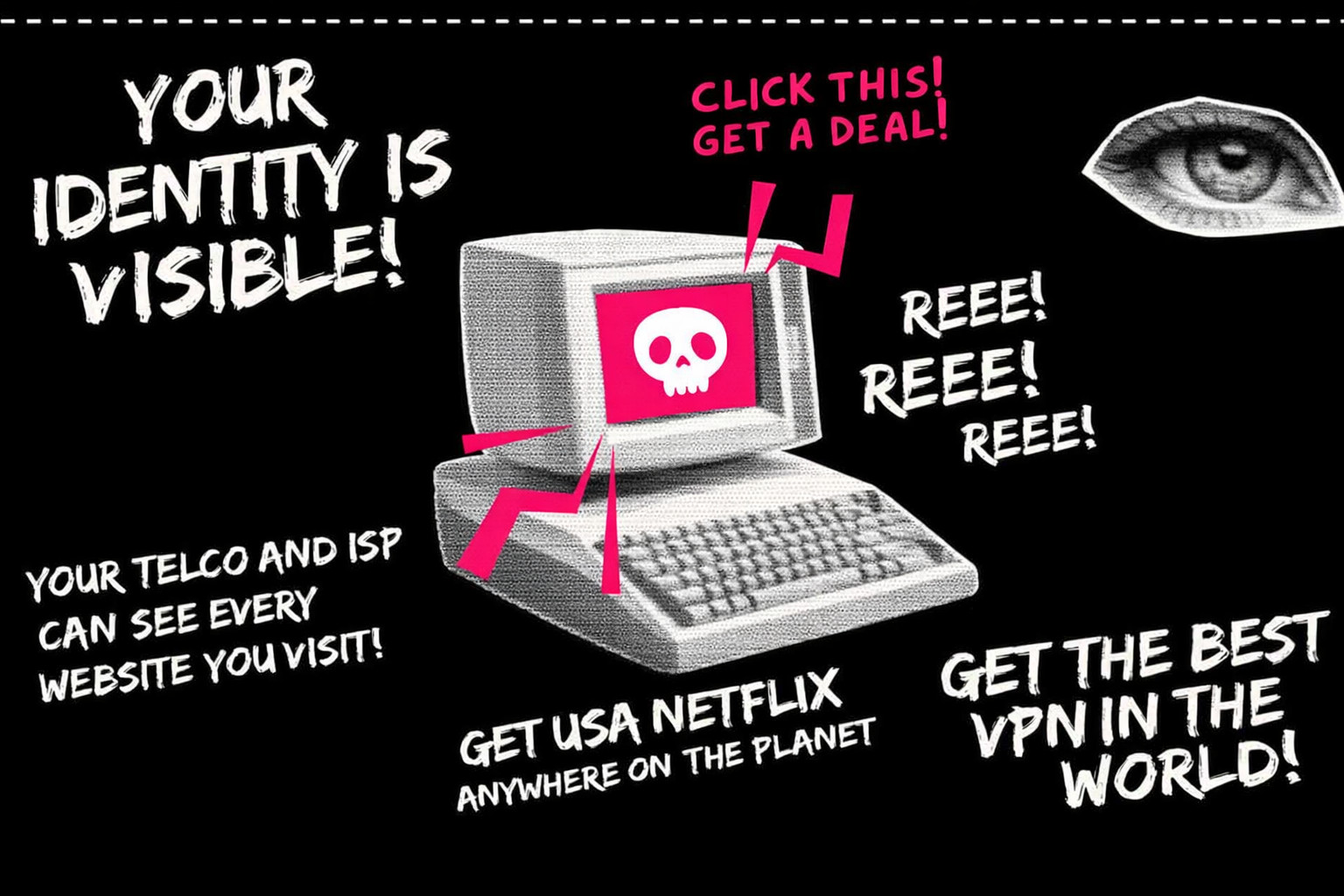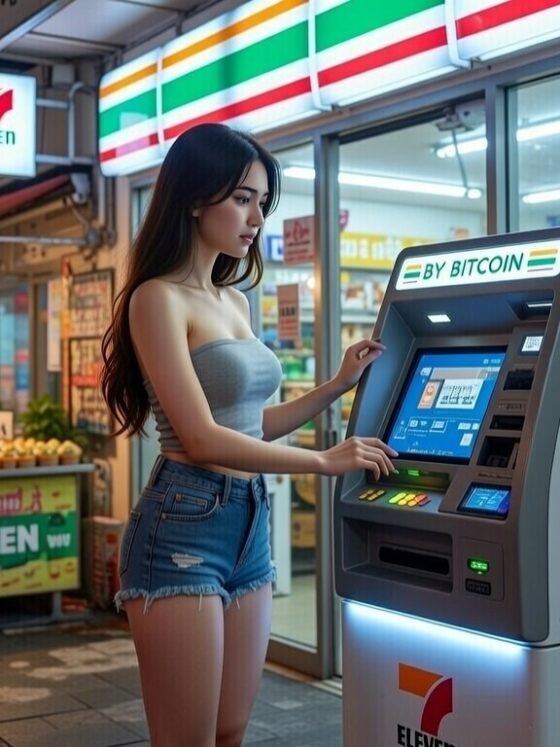Can You Trust Your Cryptocurrency Tools?
When I first wrote this, ICOs were everywhere, SegWit debates were heated, and people were arguing about whether Bitcoin was going to zero or $1 million.
Since then we’ve had:
- Exchange collapses
- “Crypto banks” implode
- Yield platforms freeze withdrawals
- Regulators wake up
- Institutions join the party
If you’ve been around long enough, you learn one thing:
The biggest risk in crypto isn’t volatility.
It’s custody.
Here’s what I pay attention to now — after surviving a few cycles.
Table of Contents
- 1. Company Reputation (Survival Matters)
- 2. Custodial vs. Self-Custody (Know What You’re Choosing)
- 3. Open Source vs. Black Box
- 4. Backup & Recovery (Because Laptops Die)
- 5. Multi-Asset Support (Convenience vs. Complexity)
- 6. Built-In Swaps & “Convenience” Features
- 7. MultiSig & Shared Access
- 8. Platform Availability (And Segmentation)
- 9. Customer Service (Test It Before You Need It)
- 10. Liquidity & Counterparty Risk
- 11. Regulatory & Jurisdiction Risk
- 12. Protocol Changes & Ecosystem Evolution
- Final Thoughts (After a Few Cycles)
1. Company Reputation (Survival Matters)
Back in the day, I said to check how long a company has been around.
Now I’d say: check what they survived.
Have they:
- Survived a bear market?
- Survived a bank run?
- Survived regulatory pressure?
- Survived internal scandals?
Plenty of platforms looked bulletproof — until they weren’t.
Also: who controls your keys?
If the company holds your private keys, you don’t own crypto. You own an IOU.
That’s not always bad. Just understand the difference.
2. Custodial vs. Self-Custody (Know What You’re Choosing)
This line matters more now than it did in 2017.
- Custodial exchange: They hold the keys. Convenient. Counterparty risk.
- Software wallet: You hold the keys. More responsibility.
- Hardware wallet: You hold the keys offline. More secure — if you don’t screw up your seed phrase.
- ETF exposure: You hold exposure. Not coins.
None of these are morally superior. They just carry different risks.
After watching withdrawals freeze in real time, I personally don’t keep long-term holdings on exchanges.
Lesson learned.
3. Open Source vs. Black Box
Open source still matters.
If the wallet’s code can’t be reviewed, you’re trusting marketing.
That said — open source doesn’t guarantee safety. It guarantees transparency.
And transparency is better than vibes.
Also check:
- Is 2FA supported?
- Is it app-based 2FA, or SMS? (SMS is weaker.)
- Does it support hardware signing?
Basic stuff. Often ignored.
4. Backup & Recovery (Because Laptops Die)
My third laptop died years ago from living near the ocean. Salt air eats hardware. Rainy season doesn’t help.
That story still applies.
Today the stakes are higher.
If you’re using self-custody:
- Do you understand your seed phrase?
- Have you tested recovery on a secondary device?
- Is your backup stored securely — but accessible?
If you lose your seed phrase, there’s no customer support.
If someone else finds it, there’s no fraud department.
Crypto is unforgiving.
5. Multi-Asset Support (Convenience vs. Complexity)
Some wallets support everything.
Some support one chain extremely well.
Multi-chain wallets are convenient. They’re also more complex attack surfaces.
If you’re experimenting across ecosystems, convenience might win.
If you’re storing serious value, simplicity often wins.
I use different wallets for different purposes. Not because I’m paranoid. Because compartmentalization reduces blast radius.
6. Built-In Swaps & “Convenience” Features
In 2017, I loved built-in swaps inside wallets.
Still do — cautiously.
Built-in conversion tools are convenient. But:
- Fees are often higher.
- You may rely on third-party liquidity providers.
- You’re adding another layer of trust.
Convenience usually adds risk somewhere. It’s just hidden.
7. MultiSig & Shared Access
Multi-signature wallets are still one of the smartest tools available.
For businesses, partnerships, or even family setups, requiring multiple approvals reduces single-point failure risk.
The mistake people make?
They set up MultiSig… and then store all keys in the same physical location.
That defeats the purpose.
Redundancy only works if it’s actually redundant.
8. Platform Availability (And Segmentation)
I used to say I run different wallets on different devices.
I still do.
Not because I expect to get hacked daily.
But because if one device gets compromised, I don’t want everything exposed.
Think in layers:
- Spending wallet
- Mid-term holding wallet
- Cold storage
You don’t keep your entire net worth in your back pocket. Don’t do it digitally either.
9. Customer Service (Test It Before You Need It)
In bull markets, every platform has great customer service.
In crashes? Good luck.
Before trusting an exchange, try:
- Submitting a support ticket with a simple question.
- Checking response time.
- Searching “[platform name] withdrawal issues.”
When things go wrong in crypto, they go wrong fast.
Customer service won’t save you from insolvency — but it might save you from smaller operational mistakes.
10. Liquidity & Counterparty Risk
Liquidity isn’t just about getting a good price.
It’s about:
- Can you exit when you want?
- Can you withdraw when you want?
- Are user funds segregated?
We learned the hard way that some platforms were using customer deposits in ways customers didn’t fully understand.
If a platform is offering unusually high yields, ask yourself: where is that yield coming from?
If you can’t explain it simply, you’re probably the yield.
11. Regulatory & Jurisdiction Risk
This matters more now.
Ask:
- What country is the company based in?
- What happens if they exit your jurisdiction?
- Can your account be frozen for compliance review?
- Do they require full KYC?
Governments move slowly — until they don’t.
An exchange can go from “fully operational” to “no longer serving your region” very quickly.
That’s not fear. That’s recent history.
12. Protocol Changes & Ecosystem Evolution
In 2017 we worried about SegWit and hard forks.
Now we have:
- Layer 2 networks
- Rollups
- Token migrations
- Governance votes
- Chain splits
Make sure your wallet or exchange:
- Supports network upgrades
- Handles token swaps properly
- Doesn’t leave you stranded during ecosystem shifts
When in doubt, self-custody during major transitions.
Less moving parts. Fewer surprises.
Final Thoughts (After a Few Cycles)
You don’t need the “perfect” wallet.
You need one that matches your risk tolerance and actually fits how you operate.
The biggest mistake I see isn’t technical.
It’s overconfidence.
People assume:
- “It won’t happen to me.”
- “This platform is too big to fail.”
- “I’ll move funds later.”
Later sometimes doesn’t arrive.
Crypto rewards competence and punishes complacency.
It always has.
If you’re going to participate, at least understand the tools you’re trusting — and what happens if they break.
Because eventually, something will. Windows is fake and ghey, and people get screwed all the time.
Sorry to be a Debbie Downer, but caution is an absolute must.
Free Online Cryptocurrency Course
Learn about cryptocurrency at your own pace; we keep the conversational style, highlighting tools and resources in real-world context as we go.
The articles below follow our own learning path, from busting myths to exploring the tech stack. We’ve been updating them for relevance since 2018 —the last full review was February 2026.
Your IP is Showing!
It's 69.63.184.112
Consider using a VPN to mask identifiable information that can be used by hackers and governments around the world to decipher your physical location and observe your private browsing habits. Make it look like you're in a different location and get region-specific content. Watch American Netflix all over the world, even if you're in the Philippines.









